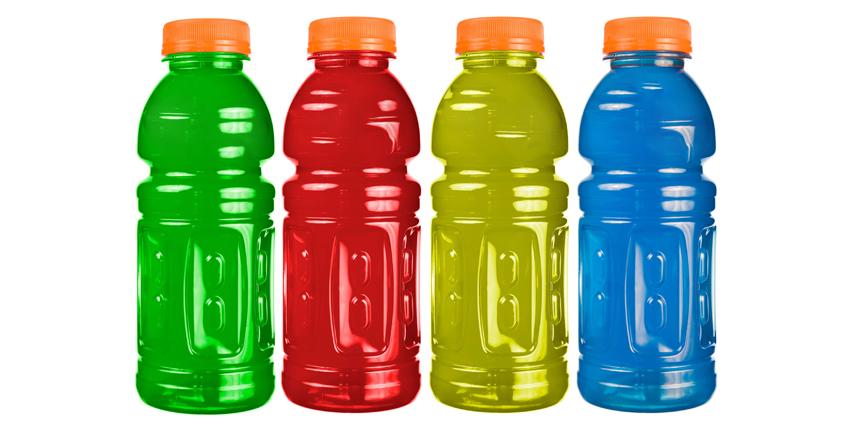Marketing of sports / energy drinks is everywhere,sports/energy but how beneficial or detrimental are they to young athletes & active children?
Why Hydration Matters in Youth Sports
Whether it's football, swimming, or dance, young athletes push their bodies hard. Proper hydration is essential, not just for performance, but for safety. Dehydration can lead to fatigue, cramps, dizziness, and even heat-related illnesses. While water is the gold standard, many parents wonder: Are sports drinks necessary for my child?
Sports drinks and energy drinks are perceived by active children and adolescents to provide energy, optimise their performance and replenish lost electrolytes. With all the marketing that accompanies these products it is often easy for children and even parents to lose track of which are effective at hydrating and which are actually providing an excess of sugar which can lead to weight gain or dental erosion.
According to research children and adolescents, even those participating in sports do not require additional stimulants from energy drinks in their diets.
While junior athletes can benefit from sports drinks that contain carbohydrates, protein or electrolytes these are not routinely necessary on the sports field or at lunch. Water and a good diet are the best sources for hydration and nutrition!
What’s in a Sports Drink
Sports drinks typically contain:
- Electrolytes (like sodium and potassium) to replace what’s lost in sweat
- Carbohydrates (usually sugars) to provide quick energy
- Flavouring and colourants to make them more appealing
Some also include vitamins or caffeine—though these are not recommended for children.
When Are Sports Drinks Appropriate?
Sports drinks can be helpful for young athletes who:
- Engage in intense physical activity lasting longer than 60 minutes
- Train in hot and humid environments
- Participate in multiple games or events in one day
For casual play or short practices, plain water is best.
Common Misconceptions
- Myth: Sports drinks are healthier than soda.
Truth: While they may contain electrolytes, many sports drinks are high in sugar and calories. - Myth: All kids need sports drinks during exercise.
Truth: Most young athletes do just fine with water unless they’re in prolonged or high-intensity activity.
Healthier Alternatives
If your child needs more than water, consider:
- Diluted sports drinks (half water, half sports drink)
- Coconut water (natural electrolytes, lower sugar)
- Homemade electrolyte drinks with fruit juice, salt, and water
Always check labels and avoid drinks with caffeine or artificial sweeteners for children.
Expert Advice from PROHEALTH PHYSIO & FITNESS (EP)
At PROHEALTH PHYSIO & FITNESS (EP), we support the development of young athletes through evidence-based physiotherapy, fitness coaching, and nutritional guidance. Our team recommends:
- Encouraging water as the primary hydration source
- Using sports drinks only when truly needed
- Monitoring sugar intake from beverages
- Consulting with a physiotherapist or nutritionist for personalized advice
For further support or advice, please contact our physios for specialist assistance.
Title: Sports Drinks and Energy Drinks for Children and Adolescents: Are They Appropriate?
Source: http://re.indiaenvironmentportal.org.in/files/sports%20drinks.pdf
Read time: 15 minutes

